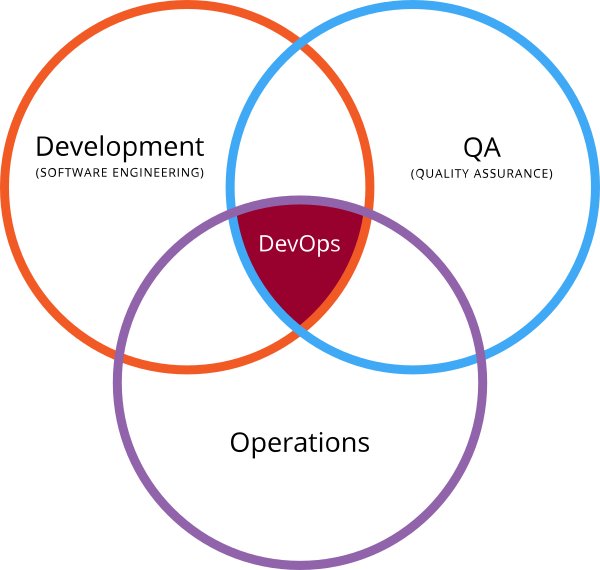
For several years, I’ve been hearing about low-code platforms. These are usually web-based tools such as QuickBase, Appian, and others that focus mainly on the professional developer market and promise to speed up the development process. The disruption created by this model of Software Defined Everything (SDX) has become increasingly evident. But up to now, I’ve thought that our professional developers have been safe. We are still using more traditional platforms like DotNet and Python to develop web-based apps.
Now I’m hearing about no-code platforms that are targeting non-professional application developers – so-called “citizen coders.” For example Techcrunch published an article today on Zeroqode, an up-and-coming no-code vendor. At CES this week, we’ve also seen an explosion of AI driven bots that are doing all kinds of things. It is these two disruptive factors, low code/no code and AI, that lead me to believe we may have reached a tipping point in software development. I think the nature of our profession is going to dramatically change in the next few years, traditional programming will becoming increasingly obsolete, and our skillset as IT professionals will continue to shift toward professional services – that is, translating the needs of our customers into technology solutions through project management, business analysis, and business relationship management. This is the part they don’t understand very well, and our professional experience can be used to guide them. As we see a new generation of citizen coders that have little formal training in development, where does that leave the professionals?

